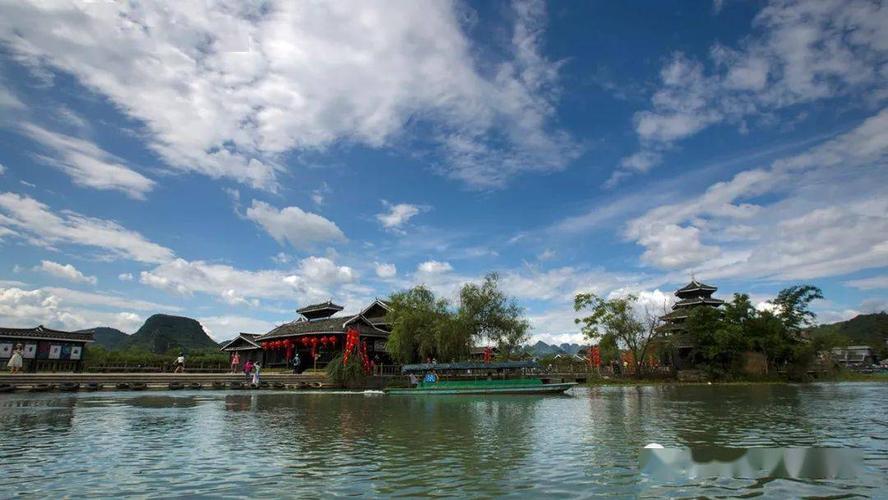Exploring the Rich History and Cultural Heritage of India
India is a country that is known for its rich cultural heritage, and it has a history that dates back to thousands of years. The diversity of the Indian subcontinent is truly fascinating, and it is home to a number of languages, religions, and cultures. India has been the birthplace of some of the most influential figures in history, including Gandhi and Buddha. In this blog post, we explore the rich history and cultural heritage of India.
The Indus Valley Civilization
The Indus Valley Civilization was one of the oldest civilizations in the world, and it was located in the northwest part of the Indian subcontinent. It is believed that this civilization existed from 3300 BCE to 1300 BCE, and it was a highly advanced civilization. The people of this civilization were skilled in metallurgy, agriculture, and urban planning. The city of Mohenjo-Daro, which is located in present-day Pakistan, is one of the most well-preserved sites of this civilization.
The Vedic Period
The Vedic period was the period in Indian history that followed the Indus Valley Civilization. This period is named after the Vedas, which are the oldest religious texts in the world. The Vedas were composed in Sanskrit and contain a vast amount of knowledge on a number of topics, including science, philosophy, and religion. The Vedic period is also known for the caste system, which is a social hierarchy that divides people based on their occupation.
The Mughal Empire
The Mughal Empire was one of the most powerful empires in the world, and it ruled over most of the Indian subcontinent from the 16th to the 19th century. The Mughal Empire was known for its impressive architectural achievements, including the Taj Mahal, which is one of the Seven Wonders of the World. The Mughals also contributed greatly to the art, music, and literature of India.
The British Raj
The British Raj was the period of British rule in India, which lasted from 1858 to 1947. During this time, the British had a profound impact on Indian culture. They introduced new forms of education, transportation, and communication. They also built railways and improved infrastructure. However, the British also exploited India’s resources and people, and their rule was marked by widespread poverty and inequality.
The Independence Movement
The independence movement in India was one of the most significant events of the 20th century. Led by Mahatma Gandhi, the movement was a nonviolent struggle for independence from British rule. The movement culminated in India’s independence in 1947. The independence movement not only led to the end of British rule in India, but it also inspired similar movements around the world.
The Diversity of Indian Culture
India is a diverse country, and it is home to a number of religions, languages, and cultures. Hinduism is the largest religion in India, followed by Islam and Christianity. India is also home to a number of different languages, including Hindi, Bengali, Telugu, and Tamil. The diversity of Indian culture is also reflected in its food, music, and art.
Conclusion
India’s rich history and cultural heritage are truly remarkable, and they continue to inspire people around the world. From the Indus Valley Civilization to the modern-day, India has been a land of great achievements and accomplishments. The cultural diversity of India is also a testament to its resilience and adaptability. In conclusion, India’s history and cultural heritage are an enduring legacy that will continue to inspire generations to come.
(Note: Do you have knowledge or insights to share? Unlock new opportunities and expand your reach by joining our authors team. Click Registration to join us and share your expertise with our readers.)
Speech tips:
Please note that any statements involving politics will not be approved.
